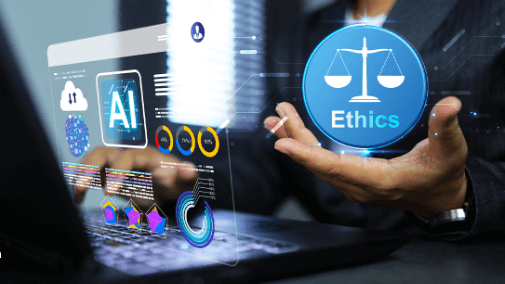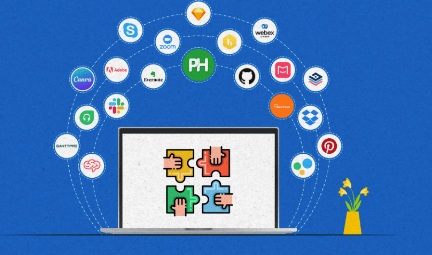Exploring the Ethical Implications of AI and Automation
The integration of AI and automation into various sectors presents complex ethical challenges. Concerns surrounding privacy, accountability, and the changing nature of work are becoming increasingly prominent. As these technologies evolve, the necessity for ethical frameworks grows. Such frameworks could guide responsible innovation, yet questions remain about their effectiveness and implementation. This raises critical inquiries about how society can balance technological advancement with the preservation of human rights and dignity.
The Impact of AI on Employment and Workforce Dynamics
As industries increasingly adopt artificial intelligence and automation technologies, the landscape of employment and workforce dynamics is undergoing a profound transformation.
Job displacement emerges as a critical concern, with many traditional roles rendered obsolete.
Nevertheless, workforce adaptation plays a vital role in addressing these challenges, as individuals and organizations seek to retrain and innovate, fostering resilience and creating opportunities in an evolving economic landscape.
Privacy Concerns in an AI-Driven World
How can society navigate the complexities of privacy in an era dominated by artificial intelligence?
As data security becomes increasingly vital, the challenge lies in ensuring user consent is not merely a formality.
Individuals must be empowered to control their personal information, fostering an environment where ethical AI practices prioritize privacy.
Balancing innovation with respect for individual rights is essential for a free society.
See also: Exploring the Benefits of Cloud-Based Collaboration Tools
Accountability and Transparency in Automated Decision-Making
The rise of artificial intelligence and automation has not only intensified privacy concerns but has also brought forth significant questions regarding accountability and transparency in automated decision-making processes.
Decision-making biases inherent in algorithms can perpetuate inequalities, prompting calls for algorithmic accountability. Ensuring transparency in these systems is essential for fostering trust and empowering individuals in a landscape increasingly dominated by automated choices.
The Role of Ethical Frameworks in AI Development
Ethical frameworks serve as essential blueprints guiding the development of artificial intelligence, ensuring that technological advancements align with societal values.
By establishing ethical guidelines, developers can navigate complex moral considerations, fostering trust and accountability.
These frameworks encourage a balanced approach, promoting innovation while safeguarding individual freedoms and rights, ultimately contributing to a responsible and equitable integration of AI into daily life.
Conclusion
In navigating the turbulent waters of AI and automation, it is imperative to anchor ethical considerations firmly within the development process. As society stands at the crossroads of innovation and moral responsibility, fostering transparency, accountability, and respect for privacy can illuminate the path forward. By weaving ethical frameworks into the fabric of technological advancement, we can cultivate a future where AI serves not only as a catalyst for progress but also as a guardian of human dignity and rights.





